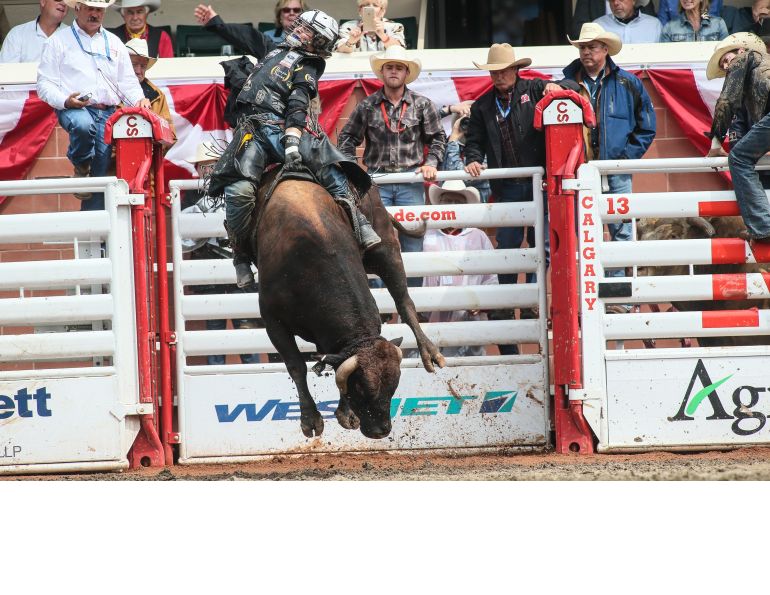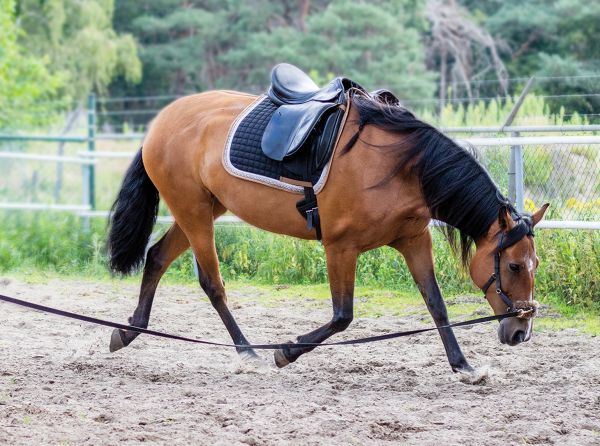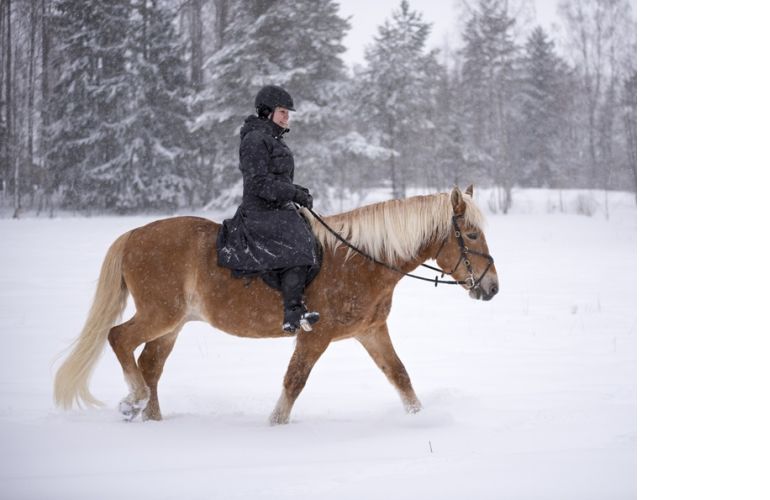President of Hippotherapy Canada, founder member of the American Hippotherapy Association (AHA), and CanTRA Coach & Examiner
By Bren Pickel
I had the opportunity for a short phone interview with Pippa Hodge, who is highly respected and widely admired for her work in the field of Hippotherapy.
To start, what is Hippotherapy?
Hippotherapy is a specialization reserved for rehabilitation specialists: physiotherapists, occupational therapists, and speech-language pathologists trained in this field. In the same way a physiotherapist will use an exercise ball or have a session in a swimming pool, in Hippotherapy, a physiotherapist (PT) uses the 110 multi-dimensional movements of a horse. The rider will take different positions on the horse to stimulate affected muscle groups.

Photo courtesy fo VTEA
What do you recommend for physiotherapists who want to move into Hippotherapy?
If the PT isn’t already an experienced equestrian, riding lessons are imperative. To use the horse’s movements properly for therapy, one needs to understand the action and the effects on the body firsthand. Of course, training and certification are essential, so approaching organizations such as CanTRA is helpful when looking at the next steps.
Have there been changes in the practice of Hippotherapy since you started in the field?
I would have to say [it’s] the equipment we’re using. We started with just a sheepskin on the horse, where now we have Supracor pads and Christ saddles for better positioning and the health and maintenance of our horses. The quality of the horse’s movement is crucial. Horses used in Hippotherapy have to be athletic and balanced with a fluid gait, and have the right amount of forward movement needed for each client’s therapy. Long-lining the horse gives better control for quality movement over leading by hand.

Photo: courtesy of CanTRA
Can you comment on the state of Hippotherapy in Canada today?
There is a growing interest in this therapy across the country as a result of more research and proven positive results. When I first started practicing Hippotherapy in Canada, there were only two of us, Judy Todd and myself. The numbers of physiotherapists practicing Hippotherapy in Canada are consistently rising, and we even have a Canadian on the AHA board of directors.
Are you involved in any research presently?
Over the past year, I have been collecting data from a Seniors Pilot Project mainly focused on fall prevention. Otherwise healthy senior adults can be debilitated by a fall that results in a hip fracture. If we can build core strength, increase ankle stability, and improve balance, we can help prevent incidents. The preliminary findings have been very promising.
About CANTRA

As the governing body for therapeutic equine-assisted activities (EAA) in Canada, CanTRA is responsible for establishing and maintaining standards for instructors and program centres. By creating a foundation of quality training and ongoing support, we bring positive change to the lives of people through EAA, benefiting their mental, social, and physical well-being.
For more information or to find a centre near you, visit www.Cantra.ca or easily donate through www.CanadaHelps.org to ensure we continue to make strides forward in 2020!
Main Photo: Courtesy of VTEA





























